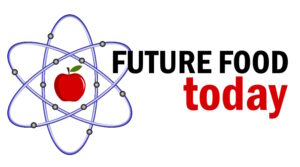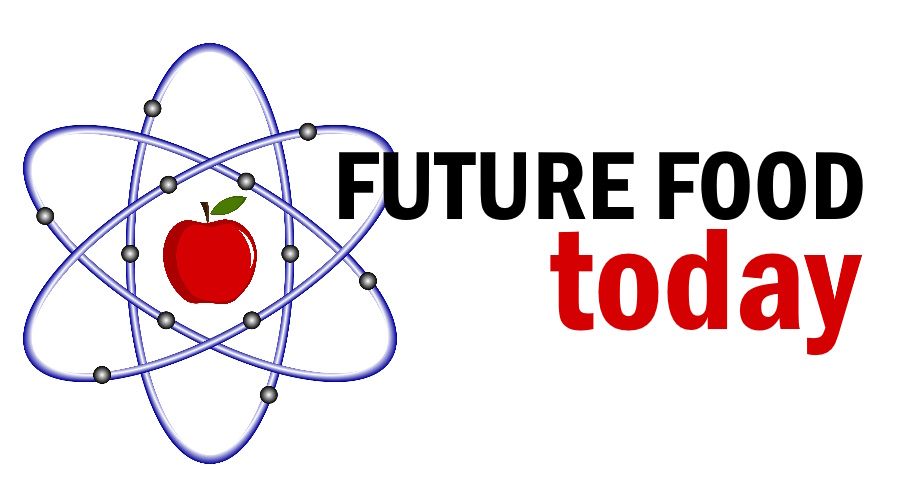Through climate change, geopolitical crises, and increasingly complex logistics, the cocoa supply chain faces an unprecedented crisis, compounded by a surge in the exploitation of child labour.
Climate instability in West Africa, characterized by rising temperatures and reduced precipitation, is destabilizing the cocoa sector, notably in Ghana and Ivory Coast, which collectively contribute to 60% of global cocoa output.
The fluctuations in climate, along with seasonal floods, create favourable conditions for the proliferation of diseases and parasites that wreak havoc on crops. Also, intensive use of pesticides and fertilizers not only jeopardizes the well-being of workers and the environment but also exacerbates pollution and CO2 emissions through deforestation for cocoa cultivation. Logistic challenges are also on the rise due to geopolitical instability and hikes in transportation and energy costs.
The culmination of these factors has resulted in a spike in raw material expenses, with jumps of 30% to 40%, consequently driving a corresponding (+15%) upturn in retail prices. The escalation of child labour, which surged from 31% to 45% between 2008 and 2019 in West Africa, involving the exploitation of 1.5 million children, introduces an ethical and social dimension to the crisis facing the sector.
This scenario presents a severe test for the cocoa supply chain, highlighting the pressing necessity for innovative and sustainable solutions to reimagine the entirety of the chocolate production chain.
Innovation for a sustainable future
In response to global challenges, innovations are emerging from the Italian startup ecosystem to support the cocoa supply chain. Two startups, chosen through FoodSeed, the foodtech acceleration program of the National Network of CDP Venture Capital SGR, have been involved. The startups are supported by backers and co-investors including Fondazione Cariverona and UniCredit, as well as Eatable Adventures, a global foodtech accelerator serving as a co-investor and operational program manager.
Foreverland: Freecao
Freecao is a cocoa-free chocolate project in the confectionery sector. Developed by the Italian startup Foreverland, it is a chocolate made from carob, a staple of the Mediterranean region where Italy boasts good production. Freecao has advantages such as lowered transportation expenses and environmental footprint.
The chocolate cuts CO2 emissions by 80% and reduces water consumption by 90% compared to cocoa production methods It is also gluten-free, caffeine-free, and artificial ingredient-free, with reduced sugar content.
Just in time for Easter 2024, Foreverland has introduced a cocoa-free Easter egg to the market: a 500-gram plant-based product enriched with hazelnuts, lactose-free, and gluten-free.
Trusty: Blockchain innovation
Trusty focuses on developing digital infrastructures to make agri-food supply chains transparent, using blockchain technology. With a specific focus on the cocoa supply chain, Trusty collaborates with stakeholders across multiple tropical nations, offering tools and consultancy services for data integration and collection among farmers, cooperatives, logistic operators, and industries.
Its technology, aligned with European regulations like EUDR, tackles issues such as food safety and sustainability. By fostering greater transparency in international trade, Trusty contributes to bolstering consumer confidence in ethically accountable and regulated supply chains.
This Easter, Trusty, in collaboration with Loretta Fanella, an Italian pastry chef, is launching the first blockchain-tracked chocolate egg. Featuring a QR code, the egg provides certification of the cocoa’s sustainable origins, aligning with European standards for ethical production. The cocoa mass used in the eggs was purchased through Trusty’s marketplace, which streamlines sustainable sourcing for businesses.
Alberto Barbari, regional VP Italy at Eatable Adventures, said: “With Foreverland and Trusty, we are moving towards a more ethical, sustainable, and innovative direction, helping confectionery companies tackle the significant new challenges of the chocolate production chain under the banner of open innovation.”
Jim Cornall is editor of Future Food Today and publisher at Ayr Coastal Media. He is an award-winning writer, editor, photographer, broadcaster, designer and author. Contact Jim here.






